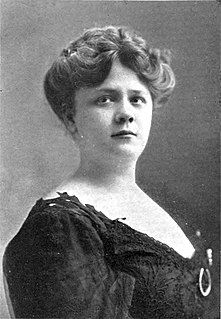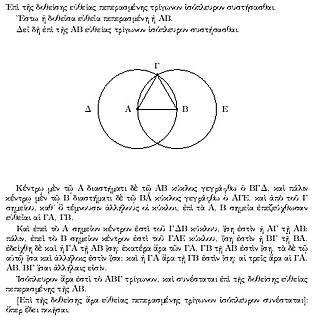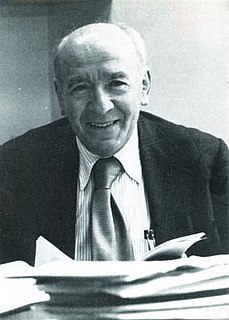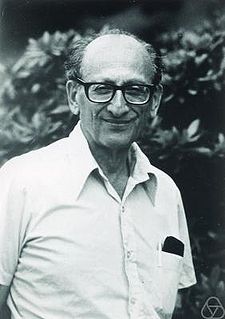Carus as a surname may refer to:
- Carl Gustav Carus (1789-1869), German physiologist and painter
- Emma Carus (1879-1927), American contralto singer
- Julius Victor Carus (1823-1903), German zoologist and entomologist
- Marcus Aurelius Carus (c. 224-283), Roman emperor
- Paul Carus (1852-1919), German-American author, editor and philosopher
- Titus Lucretius Carus (c. 99 BC- c. 55 BC), Roman poet and philosopher
- Saint Carus of Malcesine, (Caro di Malcesine) often referenced with Benignus of Malcesine

Carl Gustav Carus was a German physiologist and painter, born in Leipzig, who played various roles during the Romantic era. A friend of Johann Wolfgang von Goethe, he was a many-sided man: a doctor, a naturalist, a scientist, a psychologist, and a landscape painter who studied under Caspar David Friedrich.

Emma Carus was a contralto singer from New York City who was in the cast of the original Ziegfeld Follies in 1907. Her given name was Emma Carus.

Julius Victor Carus was a German zoologist, comparative anatomist and entomologist.
Carus may also refer to:
- Carus and The True Believers, Australian band
- Carus Mathematical Monographs, book series published by the Mathematical Association of America
- Carus Lectures, lecture series convened by the American Philosophical Association
- Carus, Oregon, an unincorporated community in the United States
- Carus Publishing Company, American publishing company
- Carus-Verlag, German choral music publisher and record label
- Hegeler Carus Mansion, historic building in La Salle, Illinois, United States
Carus and The True Believers were an Australian folk, country, roots and reggae band formed in 1995 in Perth. They released three studio albums, before founding mainstay, Carus Thompson, went solo in 2008 and subsequently issued three studio albums.
The Carus Mathematical Monographs is a monograph series published by the Mathematical Association of America. Books in this series are intended to appeal to a wide range of readers in mathematics and science.
The Carus Lectures are a prestigious series of three lectures presented over three consecutive days in plenary sessions at a divisional meeting of the American Philosophical Association. The series was founded in 1925 with John Dewey as the inaugural presenter. The series was scheduled irregularly until 1995, when they were scheduled to occur every two years. The series is named in honor of Paul Carus by Mary Carus and is published by Open Court. In his introduction to the inaugural speech, Hartley Burr Alexander praised the series as an unusual opportunity of presenting ideas "with no institutional atmosphere to further the free play of the mind upon all phases of life."
| This disambiguation page lists articles associated with the title Carus. If an internal link led you here, you may wish to change the link to point directly to the intended article. |









